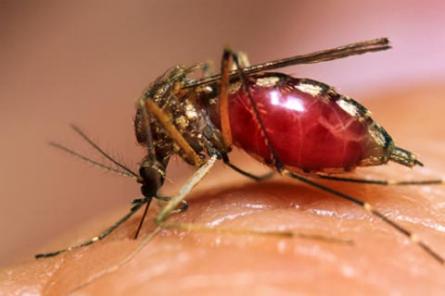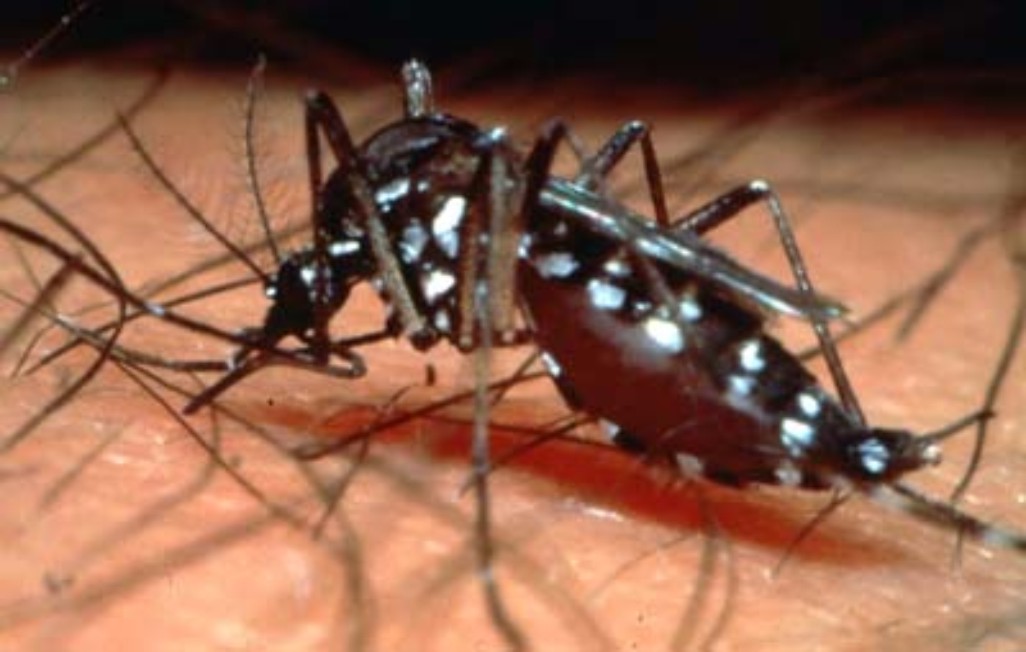Costa Rica News – Land-owners found to be have mosquitoes hatching on their property run the risk of paying more than ¢172,000 in fines, if the Ministry of Health’s desired law comes through.
 The proposal is ready and should be revised by the Ministry’s Legal Department, said Robert Córdoba, who is the chief of the Unit for Permanent Analysis of the Health Situation, within the Administration for Vigilance in Health.
The proposal is ready and should be revised by the Ministry’s Legal Department, said Robert Córdoba, who is the chief of the Unit for Permanent Analysis of the Health Situation, within the Administration for Vigilance in Health.
“We’re looking over some of the parameters for the smallest amounts which make charging still worthwhile. We’ve been told that fines of under ¢172,000 are just not worthwhile to the state. We’re looking into adjusting the figures depending on the circumstances and a reasonable judgement”, Castro explained.
The new law, whose introduction will depend on a legal analysis and positive approval of the Minister for Health, María Elena López, will substitute one which was in place during the previous legislative period, but which was largely unsuccessful.
According to Robert Castro, the new initiative focuses on a comprehensive management strategy regarding the control of vectors, which are the transmitting agents for illnesses.
This strategy includes the regulation of laboratory testing, epidemiologic surveillance and greater control over the means by which mosquitoes are produced, as well as a number of other factors.
The Ministry of Health’s initiative looks to target illnesses transmitted by vectors, with a particular focus on the mosquito species Aedes aegypti and Aedes albopictus.
Both of these insects transmit the dengue and chikungunya viruses.
According to the Ministry of Health’s most recent data, this year the country has reached 6,177 cases of dengue fever and 14 serious cases of people affected by the chikungunya virus.
These patients received the viruses through being bitten by an infected mosquito.
Among other symptoms, patients suffer from a high fever and general pain throughout their body.
Translated by Leah Hendre from La Nacion

